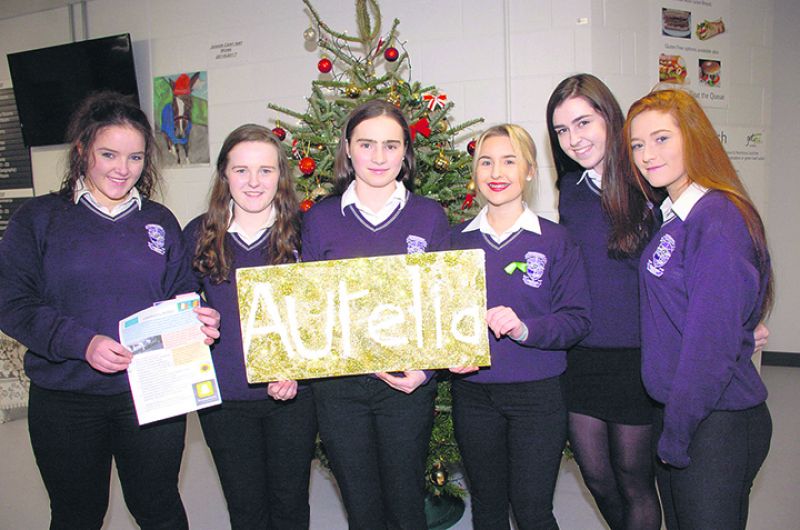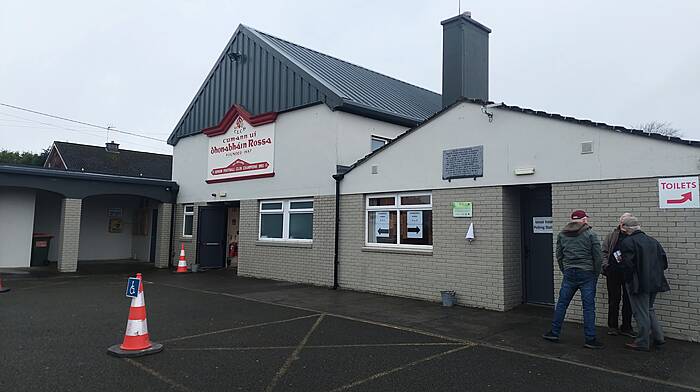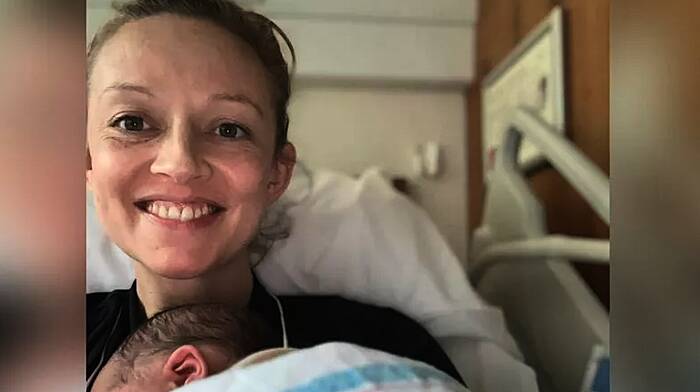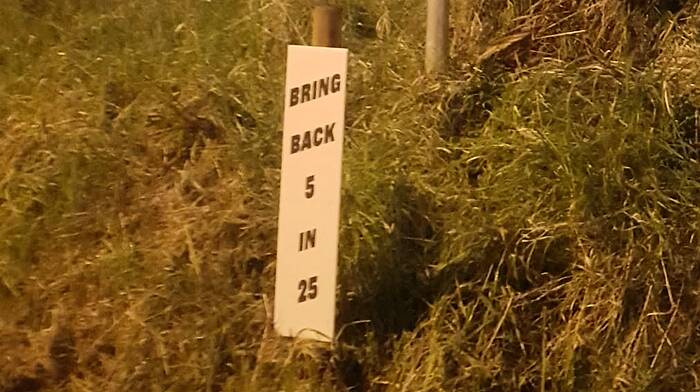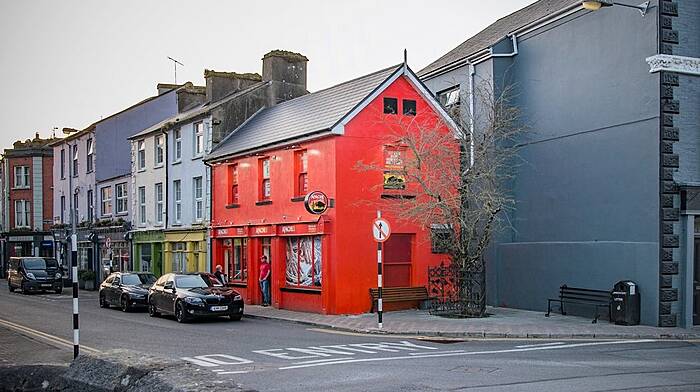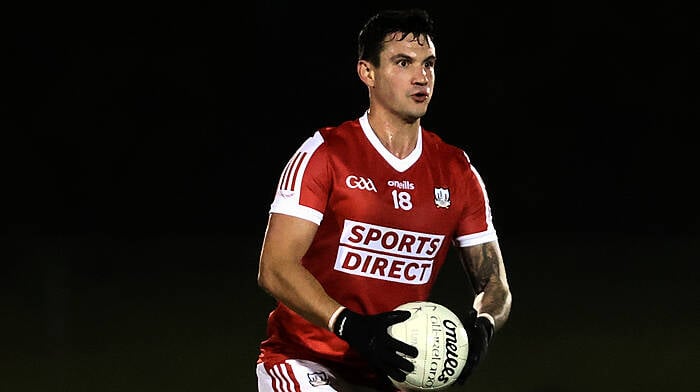A group of transition year students in Skibbereen are working on a project that aims to change perceptions of people with disabilities.
A GROUP of transition year students in Skibbereen are working on a project that aims to change perceptions of people with disabilities.
The project not only uses technology to raise awareness about disability issues, it also strives to reduce negative stereotypes towards people from other countries.
The students have set up a website called www.changingminds.eu to outline the work they are doing, as well highlighting the work carried out by the Aurelia Trust in Romania.
Skibbereen has a long history of collaboration with Romania through the admirable work of local woman, Mairie Cregan.
In 1995, Mairie established the Aurelia Trust with a group of experienced volunteers in response to the lack of social care in early post-communist Romania.
Mairie first visited Romania in the early 1990s and since then hundreds of volunteers have travelled to Romania as part of the Aurelia Trust.
In addition to updating the website, the six Skibbereen students – Siobhan Maguire, Aoife Barrett, Claire Hegarty, Alicia O’Sullivan, Aine Seymour and Poppy Colligan – have also set up Facebook, Instagram and Twitter accounts as part of their awareness campaign.
As part of their work, the students have carried out a survey about attitudes to disability, and attitudes towards people from other countries, in a bid to challenge negative stereotypes.
They also did a presentation at Skibbereen Community School, which outlined the history of Romania, and the work that the Aurelia Trust has been doing for more than two decades.
Community worker Susan O’Regan explained that the project is a Strategic Partnership funded under Erasmus+ through Leargas, the national organisation responsible for assessing grant applications.
The project partners include the Aurelia Trust, Skibbereen Community School, the Ludgate Hub and St Gerald’s College in Castlebar in Ireland, which also has a group of students working on the project.
In Romania, there are also two local youth organisations working as part of the Erasmus+ project, as well as a governmental department in Constanta, Romania, that has responsibility for people with disabilities.
Susan said the project came about due to ‘the sheer tenacity of a local man, 21-year old, Niall Seymour, who is currently co-ordinating the transnational partnership.’ And Niall explained that both he and Susan worked together to secure EU-funding through Leargas.
In November, both of them attended the first transnational meeting of the partner organisations in Romania, and, on March 7th next, the students from Skibbereen and Castlebar will be travelling to Romania on their first field trip.
They are really looking forward to the week-long trip and meeting their Romanian counterparts as part of a cultural exchange. Following some disability training, the students will work with the people who live in the Aurelia Trust home, and do video workshops with a view to preparing a documentary on their work before the end of the year.
Before returning home, the students will also attend a conference in Galati, Romania, where there will be given a presentation of their findings to date.
In the meantime, the Skibbereen youth group continues to meet on a fortnightly basis at the Ludgate Hub and regularly update their website, as well as their social media outlets.
Alicia O’Sullivan summed up the commitment of the group saying: ‘Since the beginning of the project in November, we have been 100% in our efforts to try and make a real change, even if it’s only within the locality.’
‘The support from the people of Skibbereen has been amazing so far. What we hope to achieve is for people to really start listening to the various aspects of the project and try to work on breaking stereotypes about people from different countries.’
Alicia said they are incredibly excited about their upcoming trip to Romania because it will give them first-hand educational experience of working with the Aurelia Trust. ‘This will hopefully give us even more motivation to come back to Ireland … and inform the Irish people of the changes that need to be made.’

